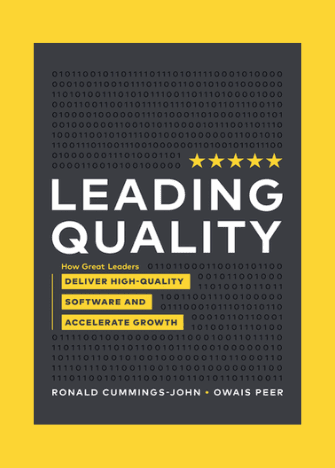Moses Eniola is a QA Software Tester with three years experience in quality assuring different websites and applications manually. He has helped in finding relevant content and visual bugs, engaged in many test cases for cycles and took part in Usability Suggestions Tasks.
He’s a year three student of the Department of Linguistics, University of Ibadan with three years experience in translation, language annotations, sentence generation (both in English and Yoruba).
Becoming a good tester can be highly demanding. Especially for the upcoming manual software testers. In the software testing industry, non-technical and technical skills are required. However, non-technical skills are most important and imperative when it comes to manual software testing. Many people think that one has to know how to code or learn a programming language before one can become a manual software tester, but NO, that is not the case. Becoming a good manual software tester is essentially based on some non-technical skills.
These non-technical skills are the following:
➢ Analytical skills: A great software tester must have terrific analytical skills. A tester’s analytical skills will help him/her to break up complex software into smaller units to gain a better understanding and create test cases. This ability will help testers to deconstruct information into smaller categories in order to draw conclusions.
➢ Time Management skill: Time management is another great skill required to become a good manual tester. During the release of the software, testing the software at times could be a demanding job. A software tester must manage workload efficiently with great expertise and at the same time exhibit optimal time. A tester must have the ability to use his or her time productively and do everything that needs to be done while testing software without feeling stressed about it.
➢ Communication skills: Being able to communicate effectively is perhaps the most important of all life skills. It is what enables us to pass information to other people and to understand what is said to us. A good software tester must have good verbal and written communication skills. A good tester must be able to document his or her bug very well, his or her test cases and bug reports must be easy to read and understand.
➢ Great Attitude: A great attitude is essential in a life of a software tester. An attitude to test for long hours to find relevant and good glitches on websites and applications, an attitude to be detail oriented, an attitude to be willing to learn, unlearn and relearn, and most importantly, an attitude to suggest process improvements in software.
➢ Passion: A tester’s passion for software testing will really determine how far one will go in the industry. A software tester must have a massive passion for testing.







